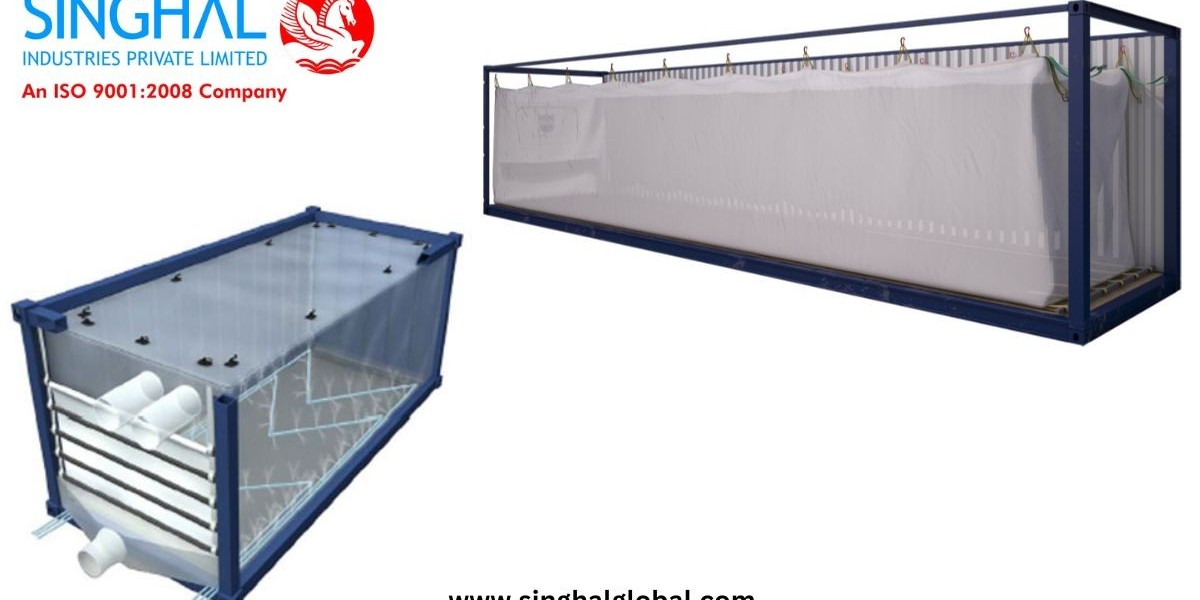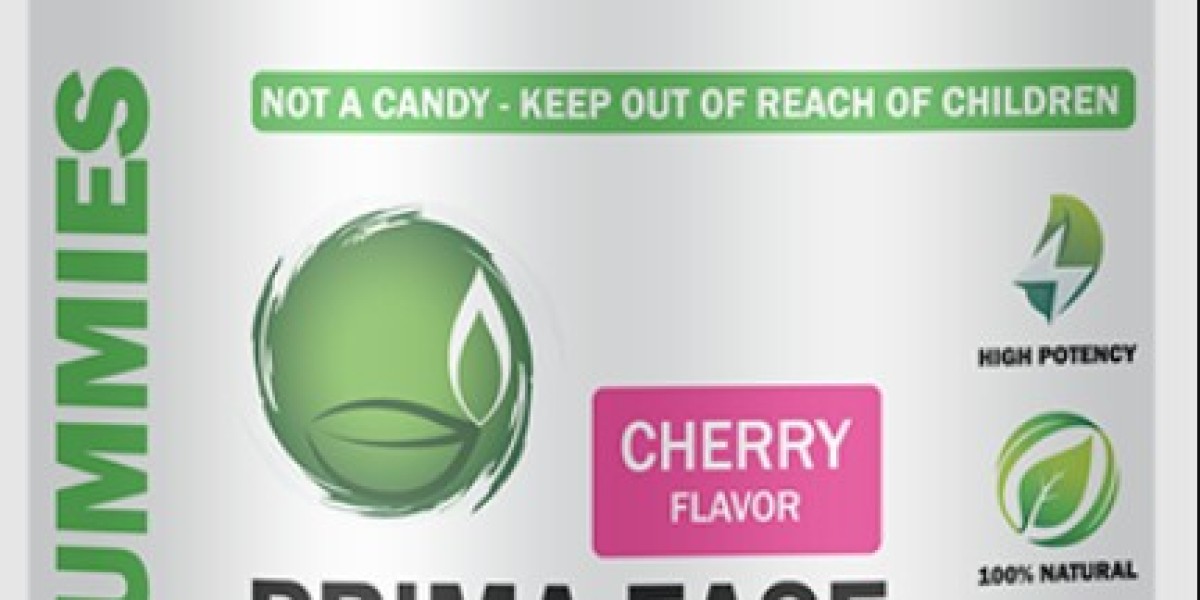In the world of logistics and shipping, the need for efficient, secure, and cost-effective packaging solutions is crucial. One such solution that has become increasingly popular for transporting bulk goods is container liners. These liners, also known as liner bag containers, are specialized packaging systems used to line the interior of shipping containers, providing protection and ease of transportation for various products, particularly bulk goods like powders, grains, chemicals, and food products.
This article explores the importance, benefits, and applications of container liners and how businesses can benefit from using this innovative packaging solution. We will also look into how to choose the right container liners manufacturer and answer some common questions about container liners.
What Are Container Liners?
Container liners are large, flexible bags made from high-quality polyethylene or polypropylene material that are designed to fit inside standard shipping containers. These liners are typically used for the bulk transportation of dry and free-flowing goods such as grains, chemicals, fertilizers, foodstuffs, and other powders or granules.
The main function of Liner bag containers is to protect the contents from contamination, moisture, and other external factors during transit. They also ensure that goods remain secure and do not spill or shift during handling, thereby minimizing losses and ensuring product quality upon arrival.
Benefits of Using Container Liners
Container liners offer numerous advantages for businesses that deal with bulk transportation. Some of the key benefits include:
Protection from Contamination and Moisture: One of the most significant advantages of container liners is their ability to protect the contents from moisture, dirt, and contamination. The material used in these liners is designed to provide a protective barrier, preventing water from entering and ensuring that the products remain in pristine condition during transit.
Efficient Loading and Unloading: The design of container liners makes them easy to load and unload. The liner fits perfectly inside the container, and the products are directly loaded into the liner. At the destination, the liner is simply pulled out, and the goods are easily accessed, eliminating the need for manual labor and minimizing handling time.
Cost-Effective Packaging: Using container liners is more cost-effective compared to traditional packaging methods, such as drums or bags. Since a single container can hold a large amount of goods when lined with a liner bag container, shipping costs are reduced. The liners also help maximize the available space in the container, reducing the number of containers needed for transport.
Safe Transport of Bulk Goods: Container liners prevent the products from spilling or shifting during transport, providing a safer and more secure method of transporting bulk goods. This reduces the risk of damage to the goods and ensures that the products reach their destination intact.
Eco-Friendly: Many Container liners manufacturers now offer eco-friendly options that are made from recyclable materials. This helps businesses reduce their environmental footprint while still enjoying the benefits of container liners.
Customization Options: Container liners can be customized to meet the specific requirements of a business. Whether you need a liner of a particular size, shape, or strength, most manufacturers offer tailored solutions to fit your unique shipping needs.
Applications of Container Liners
Container liners are used in a wide range of industries for transporting various types of bulk products. Some of the key applications include:
Agriculture: Container liners are commonly used in the agricultural sector to transport grains, seeds, flour, and other dry food products. The liners ensure that the products remain dry and protected from contaminants during transit.
Chemicals and Fertilizers: Many chemical manufacturers use container liners to safely ship powders, granules, and fertilizers. The liners prevent contamination and leakage, ensuring that hazardous materials are safely contained.
Food Industry: Container liners are also widely used in the food industry for packaging bulk foodstuffs such as sugar, spices, salt, and other dry ingredients. These liners keep the products fresh and hygienic, maintaining the quality of food items during shipping.
Mining and Construction: Container liners are used to transport raw materials such as cement, aggregates, and minerals. They provide a safe and efficient means of shipping large quantities of goods without worrying about spills or contamination.
How to Choose the Right Container Liners Manufacturer
Choosing the right container liners manufacturer is essential for ensuring that your goods are protected during transport. Here are some key factors to consider when selecting a manufacturer:
Material Quality: The quality of the material used to make the container liners is crucial. Make sure that the manufacturer uses high-quality, durable materials such as polyethylene or polypropylene that can withstand the rigors of shipping.
Customization Options: Look for a manufacturer that offers customization options based on your specific needs. Whether you need different sizes, strength levels, or custom printing for branding purposes, the right manufacturer should be able to provide tailored solutions.
Reputation: Choose a Container liners supplier with a strong reputation in the market. Research the manufacturer's experience in the industry and read customer reviews to ensure that they provide high-quality products and excellent customer service.
Cost-Effectiveness: While quality is essential, price is also an important factor. Compare prices from different manufacturers and ensure that you are getting good value for your money without compromising on quality.
Lead Time and Delivery: It’s important to work with a supplier who can meet your delivery deadlines. Make sure the manufacturer has the capability to produce and deliver the liners on time, especially if you are working on time-sensitive shipments.
Frequently Asked Questions (FAQs)
1. What types of products can be transported using container liners?
Container liners are suitable for transporting dry, free-flowing bulk goods such as grains, chemicals, fertilizers, food ingredients, minerals, and construction materials. They are ideal for products that require protection from moisture and contamination during transit.
2. How do container liners help reduce shipping costs?
Container liners allow businesses to maximize the available space inside a shipping container. By using these liners, companies can transport large volumes of goods in a single container, reducing the need for multiple containers and lowering overall shipping costs.
3. Are container liners reusable?
Most container liners are designed for single-use; however, some are reusable depending on the type of product being transported. Reusable liners are more commonly used for non-hazardous materials and bulk goods that do not pose a contamination risk.








